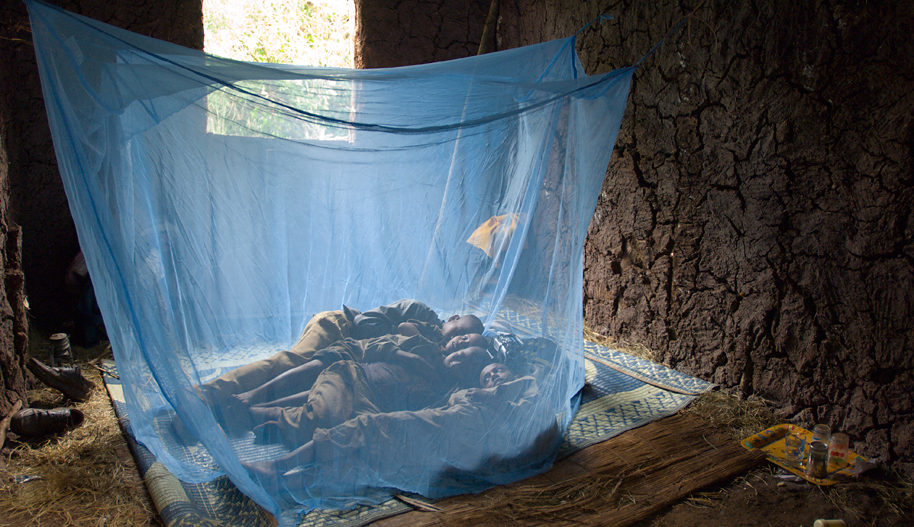China is wondering: why attempt to kill the world’s mosquitoes – which spread malaria by drawing blood from infected persons – when you can completely wipe out the disease among humans? And, it seems to have the best solution.
Called the Mass Drug Administration, or MDA, Chinese researchers are implementing this far more tested approach which involves giving antimalarial pills to every man, woman, and child in a given area all at once.
In 2007, the Bill and Melinda Gates Foundation announced its commitment to eradicating malaria across the globe. By then, that seemed already too late for them because Chinese scientists working with a Chinese philanthropist and his company, New South, had already begun eradicating the disease from the small African nation of Comoros.
According to the World Health Organization, almost half the global population is at risk of malaria. Each year, the disease afflicts 212 million people and kills 430,000 of them—nearly 1,200 deaths each day. Ninety percent of malaria cases and 92 percent of deaths occur in Africa.
Now, China is turning its attention to the ambitious East African country, Kenya, which has nearly 50 million people.
This effort, if successful, would ease the disease’s burden on Kenya’s health system and economy. It will also showcase Chinese philanthropy in Africa, and may even help change the perception in Africa that Chinese-made goods and medicine are of poor quality.
China recently surpassed the United States to become Africa’s leading trade partner, and with Chinese investment in Africa rising sixtyfold from $500 million to $32 billion in the last 15 years, Chinese cooperation in the continent’s science and public-health sectors may show the world that the country has far more to offer Africa than just roads, railways, and others.

Since at least 1981, China has employed MDA, along with other methods to fight malaria at home. Last year, for the first time in what is likely to be a millennium, the country saw no new native cases of the disease.
New South, the Chinese company whose CEO, Zhu Layi, says he has personally spent $300 million on MDA research and experiments in Africa, and his company is in talks with Kenyan health officials to do an MDA test that will be run among 10,000 people on the country’s Indian Ocean coast, near the port city of Mombasa, where malaria is endemic.
But there are concerns about the operations of MDA because it is controversial for reasons of both science and ethics. There are fears that this new effort could rather lead to increased drug resistance, which could see malaria rise to levels not seen in decades.
Others believe it is unethical to give antimalarials to people who may not even have the disease—or who don’t wish to take them—although such qualms are dismissed in Kenya and elsewhere. Similar dilemmas are challenging U.S. policymakers as they debate how to respond to the rising anti-vax movement.

This is not the first time China is showing interest in the global fight against malaria. In 1972, Chinese scientist Tu Youyou discovered the antimalarial compound artemisinin, and figured out how to extract it from the Asian sweet wormwood plant. This eventually earned her the Nobel Prize in 2015.
Today, artemisinin is the most effective and widely used antimalarial compound in the world, with millions of doses of artemisinin combination therapies (ACTs) given out each year.










